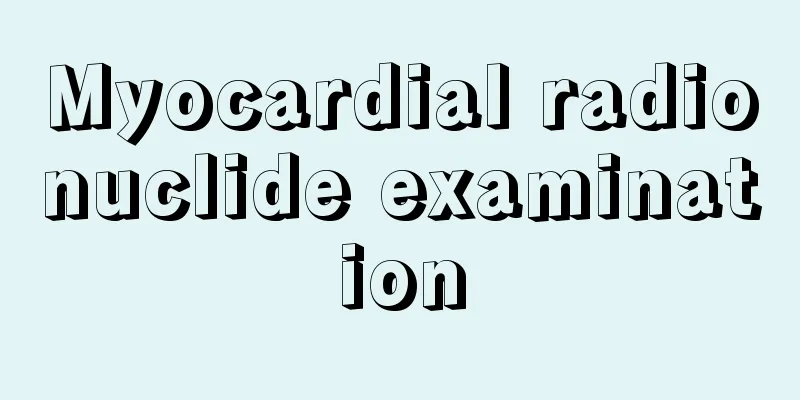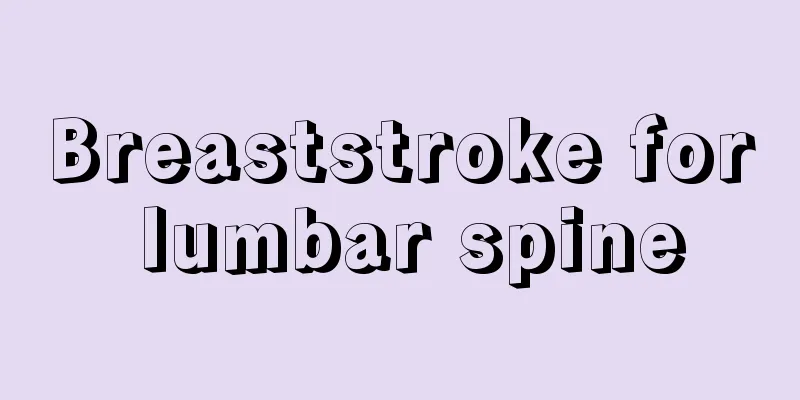Myocardial radionuclide examination

|
With the continuous development of modern society, there have been certain major breakthroughs in various fields. Medicine has developed rapidly, and medical treatment methods are becoming more and more updated, which has given people a certain psychological confidence. Some methods of human body examination are also deeply trusted by people. So what is myocardial radionuclide examination? Today I will give you a brief introduction on what myocardial radionuclide examination is. Myocardial ischemia is a way doctors evaluate how well the heart is functioning. It uses imaging tests to show: How much blood does the myocardium supply? What happens when the heart pumps blood to the rest of the body Usually myocardial radionuclide examination is done together with "stress test". A stress test measures how well the heart works when it beats faster, when it demands more blood. A stress test can check whether the heart is getting enough blood during this time. The stress test is done together with the myocardial isotope examination, which is called the "radionuclide exercise stress test". 2. Why do doctors need to perform myocardial radionuclide examination? Doctors may do myocardial ischemia or radionuclide exercise stress testing in the following situations: Check for insufficient blood flow to the heart muscle Diagnosing heart disease or following up on patients with confirmed heart disease Post-MI or post-cardiac surgery examinations See how the heart pumps blood to the rest of the body 3. What preparations are needed before undergoing myocardial radionuclide examination? Before the myocardial ischemia test, your doctor will ask you about all the medications you are taking, and they may adjust your medications. Avoid eating or drinking before the test, and avoid drinking anything with caffeine 24 hours before the test. 4. What will be done during myocardial radionuclide examination? First, your doctor, nurse, or technician will do an electrocardiogram (ECG or EKG), which records your heart's electrical activity by recording your heart rate and rhythm. Myocardial radionuclide examinations involve small amounts of radiation; excessive exposure may cause serious health problems, such as malignant tumors. For most people, the amount of radiation from a cardiac radionuclide scan alone does not cause any long-term problems. However, your doctor will tell you about the possible side effects of radiation before the examination. Other possible disadvantages of myocardial radionuclide examination include: Possible redness or pain at the site of the IV in your arm Side effects of stress testing - the heart rate will increase significantly during exercise, and people may feel chest pain, difficulty breathing, palpitations or dizziness. |
<<: How to quickly remove moisture from the body
>>: How to make the pan non-stick?
Recommend
How to remove thick urine scale from toilet
Nowadays, most families have toilets installed. T...
Chest tightness and heartache
If you experience pain in the pit of your stomach...
The efficacy and function of orange blossom essential oil
Essential oils are substances that extract the es...
Is it uncomfortable after a painless colonoscopy?
Painless colonoscopy is a common examination meth...
What kind of bangs are suitable for fat faces
Many people like to cut bangs, but bangs are not ...
Can sucking on an empty pacifier really soothe a baby? 90% hidden dangers
Many parents will put an empty pacifier in the ba...
Is cockroach killer harmful to human body?
Cockroach killer is a medicine for killing cockro...
What medicine is good for hair loss
Nowadays, most people often use computers during ...
Smoking cures constipation
Many people think that smoking is a good way to t...
Life tips for removing freckles with zero side effects
Many people think that a small amount of freckles...
Is the cost of early chemotherapy for nasopharyngeal carcinoma high?
The cost of radiotherapy and chemotherapy is very...
Why does the water from the water heater have a bad smell?
Most households now have water heaters installed,...
What are the treatments for cor pulmonale
The issue of medication for the treatment of cor ...
What causes tooth acid after filling?
Many people have experienced the pain of tooth fi...
What are the benefits of taking an ink bath
Taking a bath can promote blood circulation and i...









